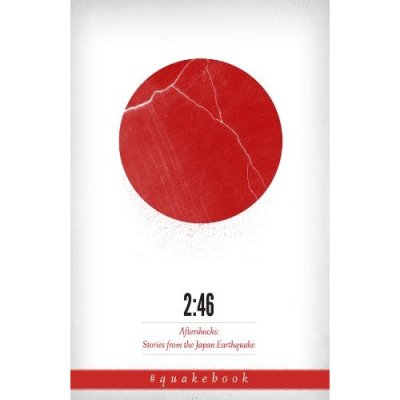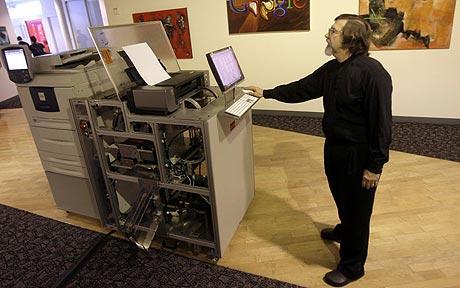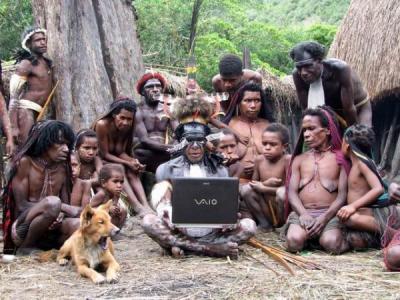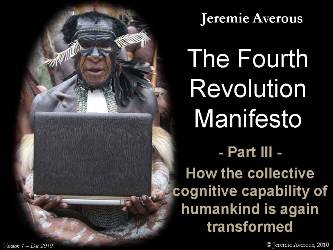Have you heard of kaggle.com?
It is a site to run workdwide competitions on data mining – how to use data to predict trends and other useful results.
For example, it has run competitions about predicting whether people will attend hospital next year based on their current medical history; how the condition of HIV infected people will evolve based on a limited set of current physiological data. Ford has posted a challenge to help devise an algorithm to decide if the driver is alert…
By leveraging the collective cognitive capabilities of humankind, clever solutions are found quickly that would have taken years and millions of dollars to develop. Winners get recognition by being invited to present their result – or can get 3,000,000$ by solving the problem of hospital admission prediction and thus anticipate the degradation of the condition of the patients.
Ready to participate to the Fourth Revolution? – put your brains at work for the best in one of these number-crunching competitions.
Right now you can participate in the Wikipedia prediction challenge – develop an algorithm to predict how many edits an editor will make in the next few months based on his contribution history – and beat years of Wikipedia internal data-crunching! Ready?






